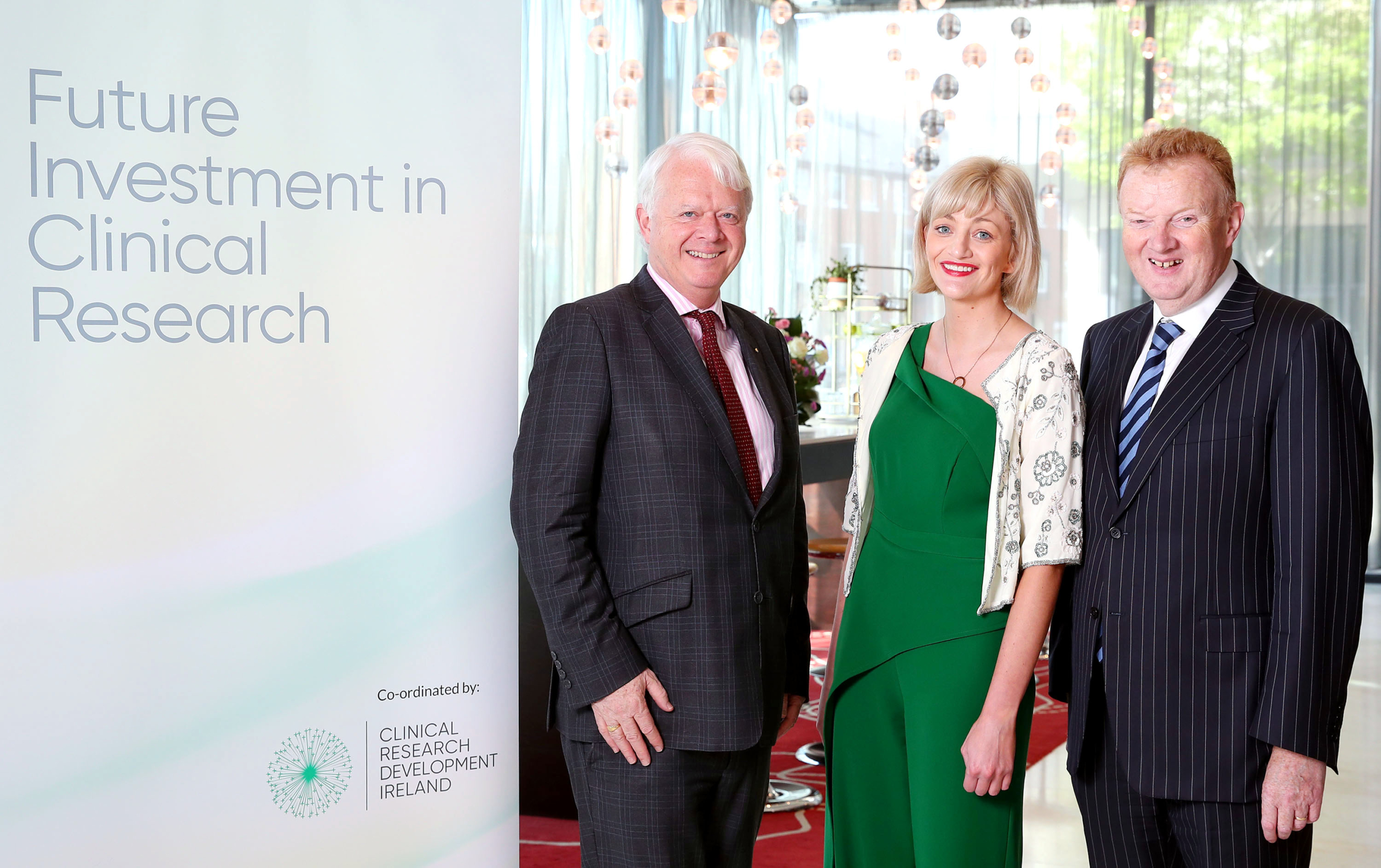A new report launched this week is calling for a joint government- and industry-funded programme to increase Ireland's clinical research capacity fourfold over the next five years, which could help create up to 3,000 jobs.
The report, titled 'Future Investment in Clinical Research', is compiled from feedback from a wide range of sources, including experts in clinical research from patient representative bodies, academia, clinical research centres, healthcare delivery, funding agencies and the biopharma and medtech industries.
It argues that a joint-funded programme by government and business would enhance and scale up the national clinical research infrastructure, delivering a significant increase in the number of international and multi-centre clinical trials conducted in Ireland.
Such an enhanced clinical research sector, the report maintains, would offer increased access to new emerging therapies for Irish patients and generate an additional 3,000 direct and indirect jobs, with gross value added of €200-€300 million per annum. The report also details a roadmap of specific recommendations over a one- to five-year term.
Shared at a seminar in Dublin on May 20, the report contends that a well-resourced and functioning clinical research system should be a fundamental component of the overall healthcare system.
While acknowledging the substantial investment made to date by government in the clinical research infrastructure, the publication also sets out its vision and key recommendations for an integrated Irish clinical research system.
Matched Investment
Specifically, it recommends the development of this strategic infrastructure over five years, calling for an initial investment of €22m into clinical research in year one. It also confirms that the biopharma and medtech industries will match government investment.
Prof. Pat O’Mahony, chief executive of Clinical Research Development Ireland (CRDI), chaired the steering committee. “Ireland is doing about a quarter of what we should be doing in the realm of clinical research," said Prof. O'Mahony. "For example, in Denmark, which has the same population as Ireland, four times the number of clinical trials take place.
"Our life sciences sector has grown rapidly over the past half-century, to a point where it now has global significance. However, our clinical research system, infrastructure or performance do not compare with our growth in the manufacturing sector. A real opportunity exists here now to enhance Ireland’s level of clinical research to its fullest potential."
Professor Mark Ferguson, director general of Science Foundation Ireland and chief scientific adviser to the government, welcomed the report. "This will benefit patients, health care professionals, entrepreneurs and industry," he said.
Avril Kennan, CEO of Medical Research Charities Group, added that, for Irish patients, participation in clinical research means the possibility of innovative medicines sooner, better healthcare and the possibility to make a difference for others with the same health issues.
"Too few patients in Ireland are currently offered the possibility to take part in clinical research. Investment in the clinical research system will bring economic benefits, will help boost a beleaguered HSE staff and, most importantly, will lead to better health and quality of life for the Irish people."
Keenan said that the report's recommendations mirror and support calls that patient organisations and medical research charities have been making for improved clinical research in Ireland over many years.
"The report represents not some vague hope for the future but the potential to make a real difference to our parents, our children, our friends and all those we hold dear," she continued.
The report was compiled over one year by a large group of senior colleagues from clinical research facilities, patient groups, funding and enterprise agencies, academia and industry. CRDI convened these stakeholders as a steering committee to strategically examine and define the optimal future clinical research infrastructure, support, capacity and capability.
Photo: Matt Moran (left), director, BioPharmaChem Ireland, with Prof. Pat O'Mahony and Ciara Peters, project manager, CRDI. (Pic: Marc O’Sullivan)












